In the bustling world of logistics, where goods traverse vast distances to reach their destinations, two key players stand out: carriers and freight forwarders. While both are integral to the transportation of goods, discerning their unique roles is essential for businesses seeking seamless shipping solutions.
Carriers: The Backbone of Transportation
At the heart of logistics operations are carriers, the stalwart entities responsible for physically moving goods from point A to point B. Whether by land, sea, or air, carriers leverage their fleets of vehicles, vessels, and aircraft to transport cargo efficiently and reliably.
One defining characteristic of carriers is their focus solely on transport logistics. Unlike freight forwarders, carriers do not delve into the intricacies of shipping documentation, customs clearance, or tax regulations. Instead, their primary objective is to ensure the safe and timely delivery of goods, employing specialized equipment and transport modes tailored to diverse cargo requirements.
Within the realm of carriers, two main categories exist: common carriers and contract carriers. Common carriers offer transportation services to multiple clients, catering to the needs of various businesses and individuals. On the other hand, contract carriers operate under long-term agreements with specific shippers, providing dedicated transport solutions tailored to their unique requirements.
Freight Forwarders: Orchestrating Seamless Shipments
In contrast to carriers, freight forwarders serve as orchestrators of the shipping process, seamlessly coordinating every aspect of cargo movement. Acting as intermediaries between shippers and carriers, freight forwarders navigate the complexities of logistics to ensure smooth sailing for goods in transit.
One of the primary responsibilities of freight forwarders is to organize transport services, selecting the most suitable carriers and routes to optimize efficiency and cost-effectiveness. From arranging multi-modal shipments that span air, sea, and rail transport to managing documentation, customs clearance, and warehousing, freight forwarders handle the entire shipping process with precision and expertise.
Unlike carriers, freight forwarders offer comprehensive support beyond transport logistics. They assist with paperwork, facilitate communication between stakeholders, and provide valuable insights to streamline supply chain operations. Their holistic approach to shipping ensures that goods reach their destinations seamlessly, even in the face of logistical complexities.
Read more: Freight Forwarding Process
Understanding the Distinction: Making Informed Choices
While carriers and freight forwarders share the common goal of transporting goods, their roles and responsibilities differ significantly. For businesses navigating the logistics landscape, understanding this distinction is paramount in selecting the right partners to meet their shipping needs.
When seeking efficient and reliable transport solutions, businesses must weigh the benefits of carriers’ specialized transport services against the comprehensive support offered by freight forwarders. By aligning with the right partners and leveraging their expertise, businesses can navigate the complexities of logistics with confidence, ensuring the seamless movement of goods and the success of their supply chain operations.
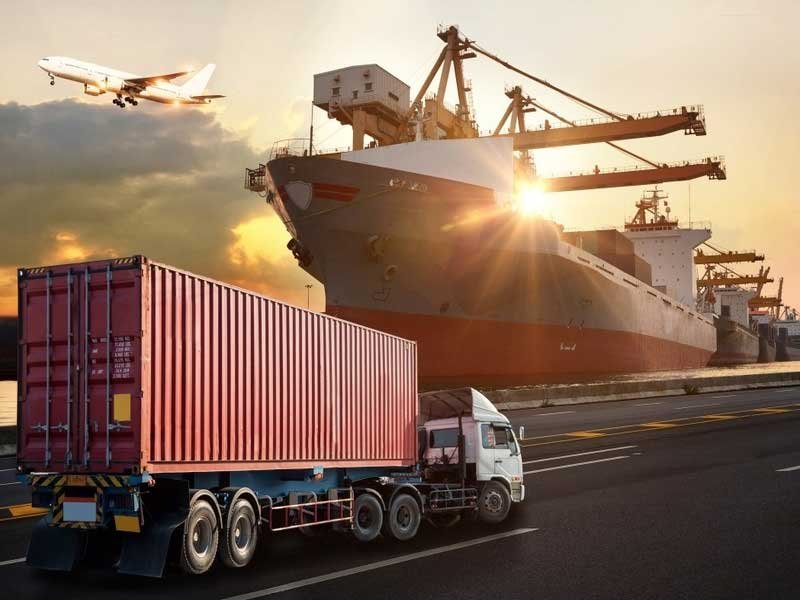
Carriers
Within the realm of carriers, efficiency and reliability reign supreme. These entities specialize in executing the physical movement of goods, leveraging their extensive networks and resources to ensure timely deliveries. Whether it’s expedited air freight or cost-effective sea transport, carriers offer a range of transport options tailored to meet diverse shipping needs.
One of the key advantages of working with carriers is their ability to provide specialized transport solutions. From temperature-controlled environments for perishable goods to secure handling for high-value cargo, carriers offer a variety of options to accommodate different shipment requirements. Additionally, carriers often invest in advanced tracking and monitoring technologies, allowing businesses to keep a close eye on their shipments in real-time.
Freight Forwarders
Freight forwarders, on the other hand, excel in orchestrating complex shipping operations with finesse. These adept navigators of the logistics landscape take a holistic approach to cargo movement, overseeing every aspect of the shipping process from start to finish. By leveraging their expertise and industry connections, freight forwarders streamline supply chain operations, ensuring that goods reach their destinations efficiently and cost-effectively.
One of the primary benefits of working with freight forwarders is their ability to provide end-to-end logistics solutions. From initial shipment planning and documentation to final delivery and warehousing, freight forwarders handle every aspect of the shipping journey with meticulous attention to detail. This comprehensive approach not only saves businesses time and effort but also mitigates the risks associated with complex shipping operations.
Maximizing Synergies: Finding the Right Balance
While carriers and freight forwarders offer distinct services, their roles are often complementary. By leveraging the strengths of both entities, businesses can create synergies that enhance their overall shipping strategy. For example, businesses may choose to partner with carriers for specialized transport services while relying on freight forwarders to handle the logistics coordination and documentation.
Furthermore, collaboration between carriers and freight forwarders can lead to streamlined operations and cost savings. By working closely together, these stakeholders can optimize transport routes, consolidate shipments, and identify opportunities for efficiency improvements. This collaborative approach not only benefits businesses but also strengthens the relationships between carriers and freight forwarders, fostering long-term partnerships built on trust and mutual success.
Read more: Everything about Freight Charges
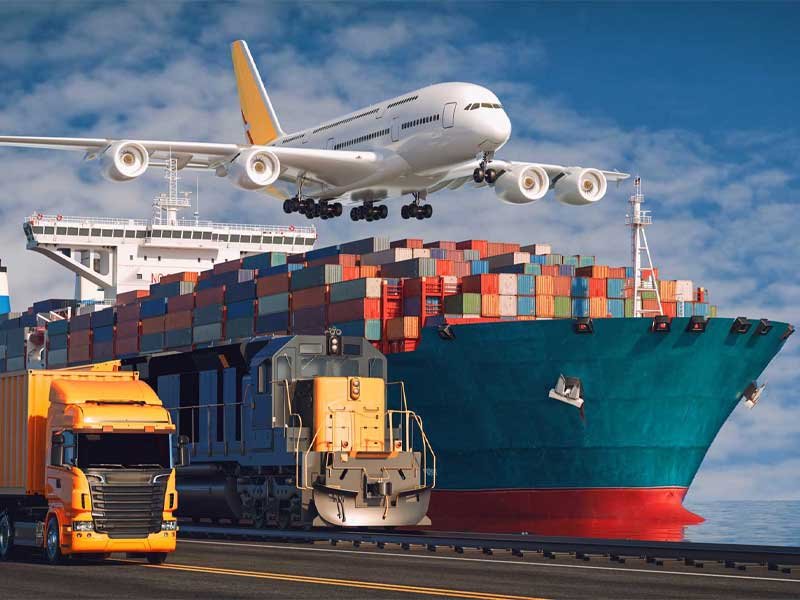
When to use a freight forwarder?
Using a freight forwarder becomes particularly advantageous in several scenarios where the complexities of shipping may overwhelm individual businesses. Here are some instances when enlisting the services of a freight forwarder proves to be a smart decision:
International Shipments
Navigating the intricacies of international shipping can be daunting, with customs regulations, documentation requirements, and varying import/export laws differing from country to country. A freight forwarder’s expertise in global logistics ensures that your shipments comply with all relevant regulations and are processed efficiently through customs, minimizing delays and potential penalties.
Complex Supply Chains
For businesses with intricate supply chains involving multiple suppliers, transport modes, and delivery destinations, managing logistics can quickly become overwhelming. Freight forwarders specialize in coordinating complex shipping operations, optimizing routes, and ensuring seamless coordination between all parties involved. By entrusting these tasks to a freight forwarder, businesses can streamline their supply chain operations and focus on core business activities.
Time-Sensitive Deliveries
When time is of the essence and delays are not an option, leveraging the expedited services of a freight forwarder can be invaluable. Freight forwarders have access to a vast network of carriers and shipping routes, allowing them to expedite deliveries and meet tight deadlines effectively. Whether it’s air freight for urgent shipments or dedicated express services, freight forwarders can ensure that your goods reach their destination on time, every time.
Cost Optimization
Freight forwarders possess in-depth knowledge of shipping rates, carrier capabilities, and industry trends, enabling them to negotiate competitive pricing on behalf of their clients. By leveraging their relationships with carriers and consolidating shipments where possible, freight forwarders can secure favorable rates and pass on cost savings to their clients. This ensures that businesses receive the most cost-effective shipping solutions without compromising on service quality.
Risk Mitigation
Shipping entails inherent risks, from damage or loss of goods during transit to unforeseen delays or disruptions in supply chains. Freight forwarders employ risk management strategies to identify and mitigate potential risks, such as securing cargo insurance, implementing contingency plans, and monitoring shipments closely. By proactively addressing risks, freight forwarders help businesses safeguard their interests and minimize the impact of unforeseen events on their operations.
In conclusion, carriers and freight forwarders play distinct yet complementary roles in the world of logistics. By understanding the unique capabilities of each entity and leveraging their strengths effectively, businesses can optimize their shipping strategies, streamline operations, and achieve greater success in the global marketplace.
FAQs
Answer: The primary difference lies in their roles within the shipping process. A carrier is responsible for physically transporting goods from one location to another using their own vehicles or vessels, whereas a freight forwarder acts as an intermediary between the shipper and carrier, arranging transportation services and managing the logistics of the shipment.
Answer: Freight forwarders offer comprehensive logistics services beyond transportation, including documentation assistance, customs clearance, warehousing, and cargo insurance. They act as a single point of contact for coordinating all aspects of the shipping process, ensuring seamless movement of goods from origin to destination.
Answer: Carriers are typically liable for any damage or loss that occurs to the cargo during transportation, as they are responsible for its physical carriage. In contrast, freight forwarders may offer cargo insurance to protect against unforeseen events, but their liability for cargo damage or loss is often limited to their role as an intermediary in arranging transportation services.
Answer: Freight forwarders are valuable partners for businesses that require expertise in navigating complex shipping processes, especially for international shipments involving multiple carriers, customs regulations, and documentation requirements. If you lack the resources or knowledge to manage these complexities independently, a freight forwarder can provide invaluable assistance and ensure efficient and cost-effective transportation of your goods.
Answer: Yes, freight forwarders can arrange transportation for a wide range of cargo types, including general merchandise, perishable goods, hazardous materials, oversized shipments, and more. They have access to a network of carriers specializing in different modes of transportation, allowing them to accommodate the specific requirements of each shipment and ensure its safe and timely delivery.

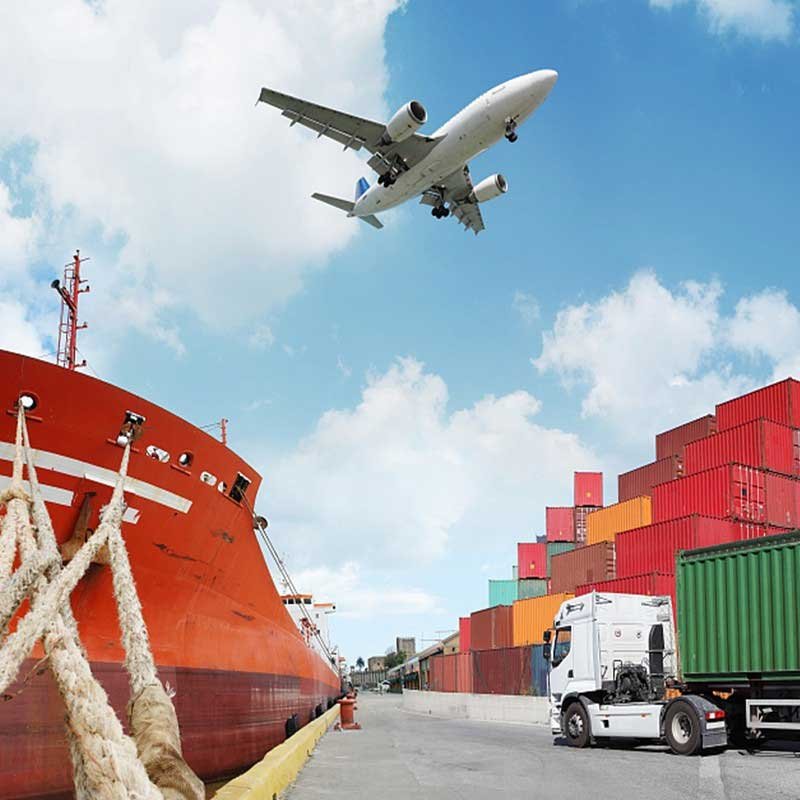

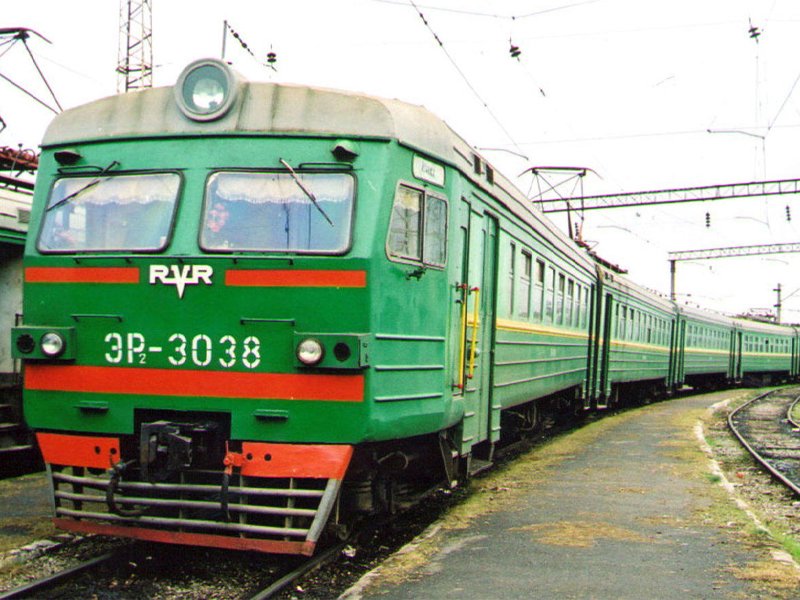
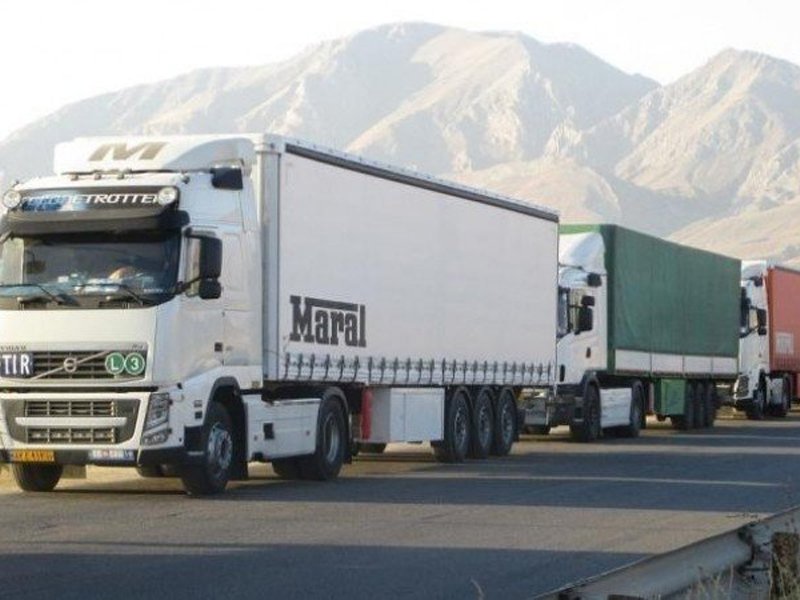


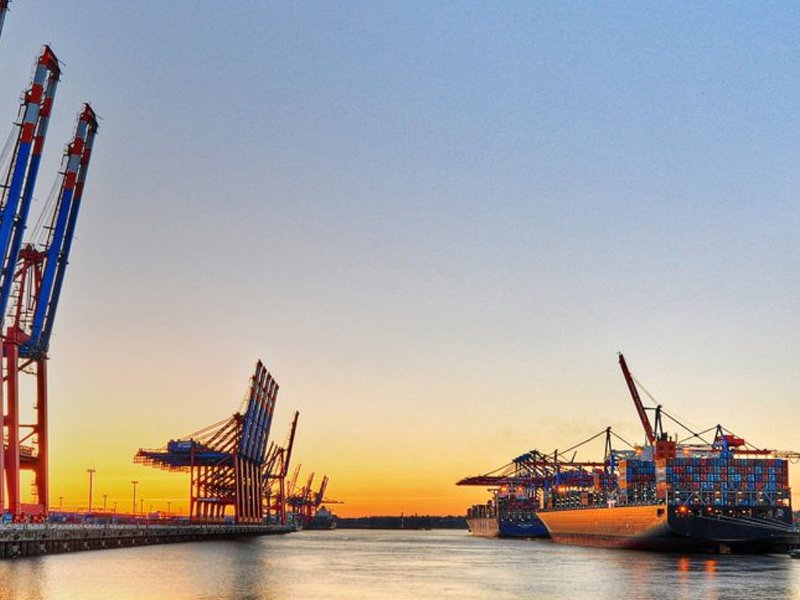


Recent Comments